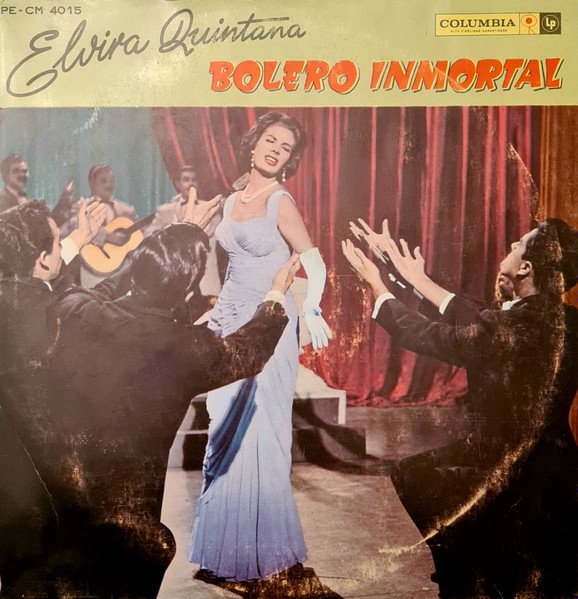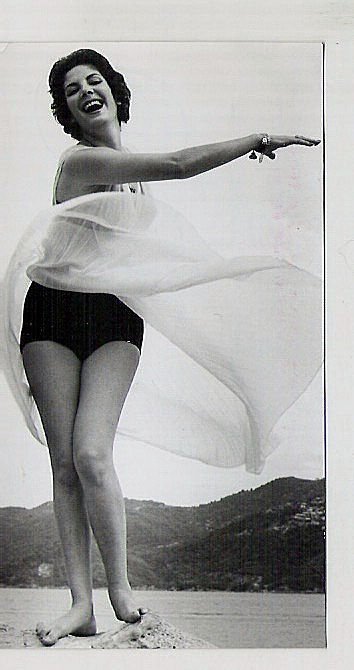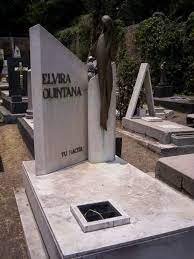Hello friends of CINETV! Today I bring you a little bit about the history of the beautiful and talented actress Elvira Catalina Quintana Molina, born in Montijo Spain on November 7, 1935, daughter of the married couple Pedro María Quintana (Montijo, 1903- Badajoz, 1936) and Alejandra Molina Zamora (Brane, 1914). When Elvira was only one year old, her father, Pedro María Quintana, was shot for his political ideology on November 30, 1936, during the Spanish Civil War. When she was widowed, Alejandra Molina, together with her daughters Elvira and Juana María, decided to emigrate first to Portugal and a year later, in 1942, to Mexico, a land that welcomed her and gave her opportunities that would lead her to fame and immortality. Let's know a little more about her story.
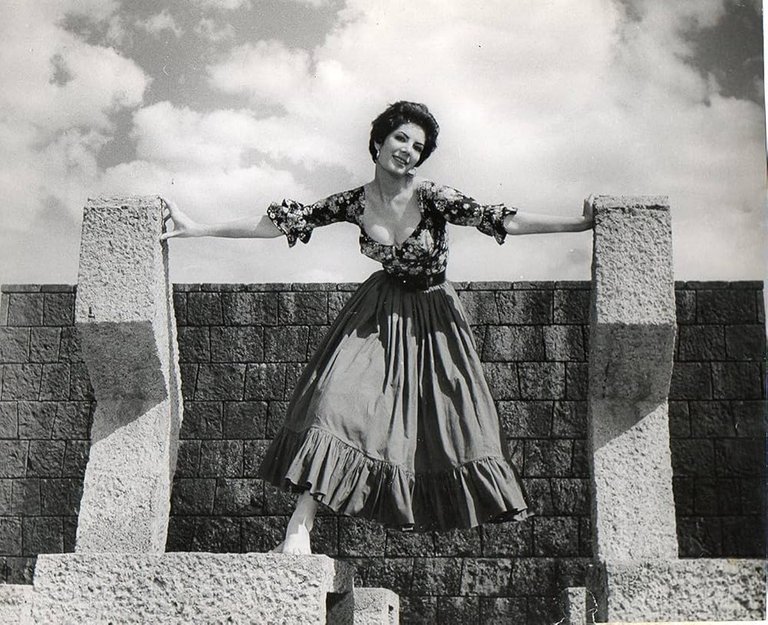
[Fuente]https://www.amazon.com/-/es/dp/B09B6CWR46
Did you know? Elvira Quintana, before dedicating herself to acting, worked as a store clerk at the same time she was studying high school, her greatest desire was to become a school teacher. However, during a visit with friends to the film studios, she discovered that she was attracted to the world of lights and cameras. She started as an extra after a test given by Manuel Gómez Urquiza and he recommended her to begin her studies as an actress at the Mexican Cinematographic and Theatrical Institute directed by Andrés Soler, where she was admitted after passing the entrance exam reciting a poem by Federico García Lorca. Because of her beauty and charisma she was also named queen of the Institute in a contest. Her first opportunity was in 1953 in the film “Dreams of Glory” and in 1954, under the direction of Julian Soler, she had a small participation in the film “La mujer X”, alongside Libertad Lamarque. His first starring performance was alongside the comedian German Valdes “Tin Tan” in the film “Lo que le paso a sansón” in 1955, that same year he participated in “Un vago sin oficio”. In 1957, in the film “Cada hijo una cruz”, and in 1958 in the film “Bolero inmortal” and in two disobedient children, “Gutierritos” in 1959. Participating in about 30 films.
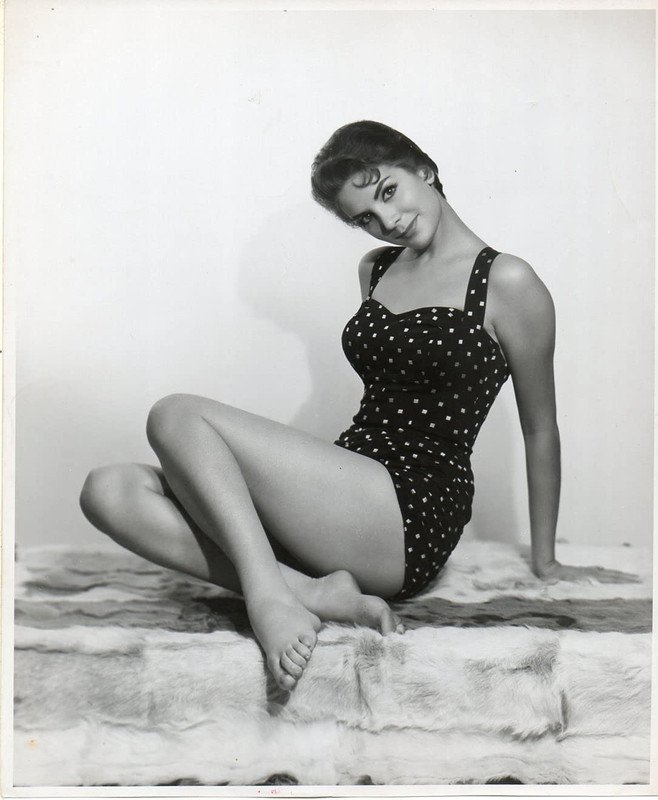
[Fuente]https://www.amazon.com/-/es/dp/B09B6GHV88
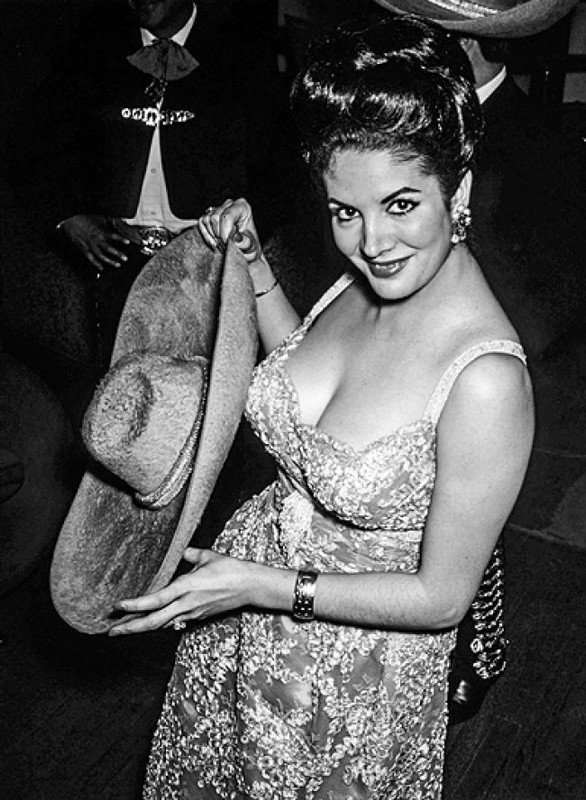
[Fuente]https://en.kinorium.com/name/528571/
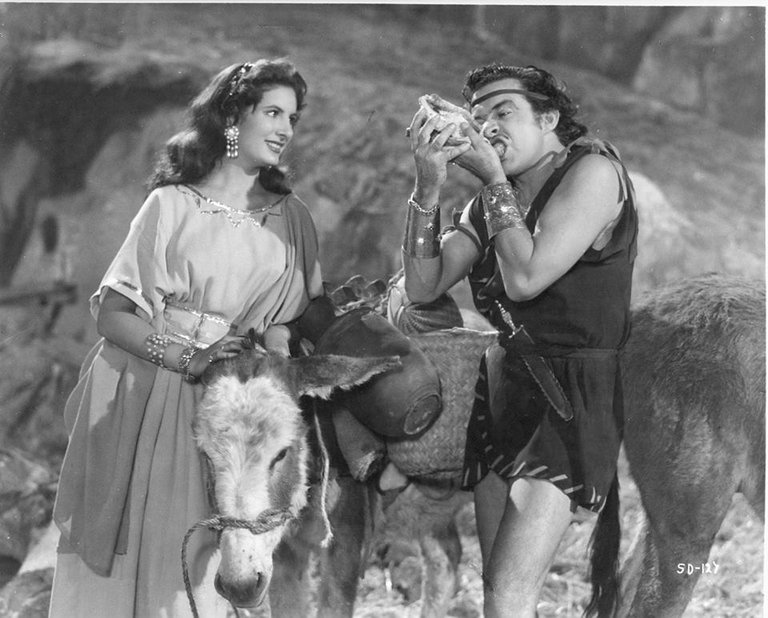
[Fuente]https://m.imdb.com/title/tt0048307/mediaviewer/rm3002099456/
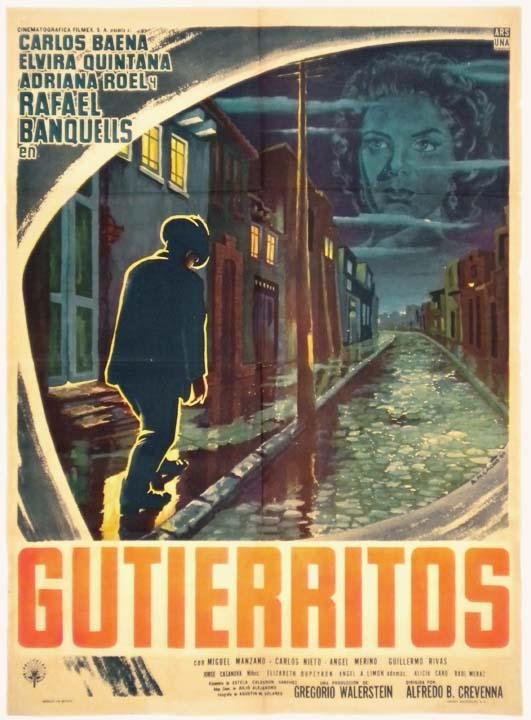
[Fuente]https://www.filmaffinity.com/es/movieimage.php?imageId=775039656
She studied music and singing with Antonio Díaz Conde, acquiring a solid preparation that led her to triumph as a romantic singer of boleros and rancheras, recording more than fifteen albums, she was an exclusive artist of Columbia Records, entitled: Diferente, Mis boleros favoritos, “Acércate más” and “Elvira Arte Dramático” Bolero Inmortal. In the 60's, she performed as a singer in programs such as Noches Tapatias.
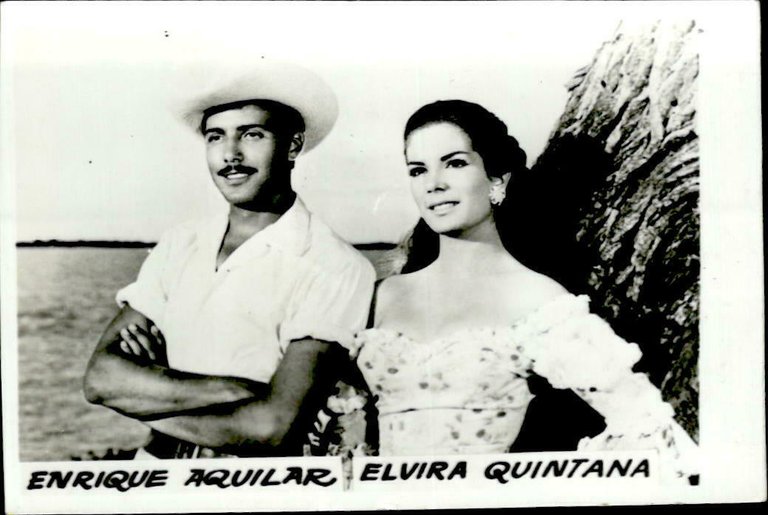
[Fuente]https://www.ebay.co.uk/itm/265859312815
In television, the soap opera “El dolor de amar” where she played for the first time a villain, and in 1967 in “Felipa Sánchez la soldadera”, which was one of her most famous interpretations, her last soap opera was “Adriana” and “El Hipócrita” her last radio soap opera transmitted by XEW, where she only made 50 chapters.
Among his hobbies were reading and poetry, drawing and painting.

[Fuente]https://www.instagram.com/cine_mexicanosiempre_/p/DCF0mi7ynpT/
In 1966, Elvira Quintana began to experience her first health complications as a result of silicone injections in her breasts and legs: the silicone began to move in her body, causing damage to her pancreas and kidneys. At first, she thought they were temporary discomforts. But, everything got worse. The discomfort became worse and worse. The diagnosis was terrible: the silicone had obstructed the ducts of the kidneys, she was hospitalized in emergency for a treatment that included dialysis. She was lucky, and the doctors managed to get her out of the crisis, her health improved and for a while she was able to continue performing as an actress.
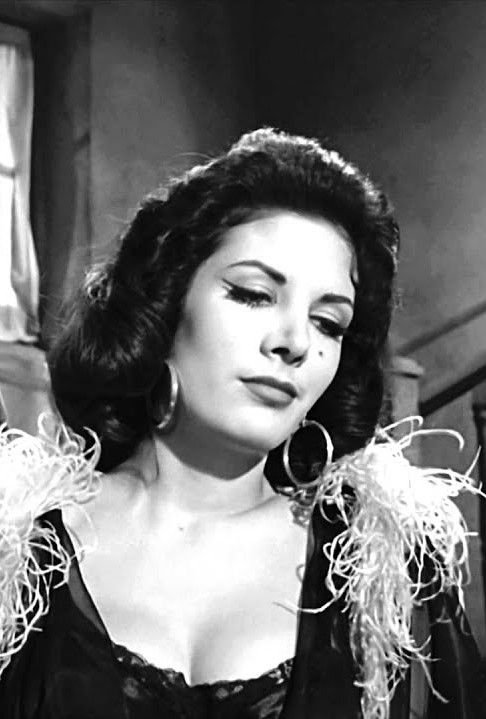
[Fuente]https://ar.pinterest.com/pin/711991022371664554/
But in the summer of 1968 she returned to the hospital again. The diagnosis was more serious: Elvira Quintana's kidneys were destroyed by the silicone, she had a total renal failure, and it was very difficult to get her out of this clinical condition.
At the end of her life she wrote her memoirs called Biografía del Dolor y lagrima, which she left unfinished and in which she made reference to her painful suffering. The agony of the actress lasted ten days. At the end of those days of pain and suffering, Elvira Quintana died, at the age of 32, in the prime of her beauty and talent, due to renal failure and a cerebrovascular accident at the Centro Medico in Mexico City on August 8, 1968. Her remains are in the garden pantheon in Mexico City.
Some of her verses were collected in 1971, in a tribute-edition under the title “Poesías de Elvira Quintana”, with illustrations made by her.
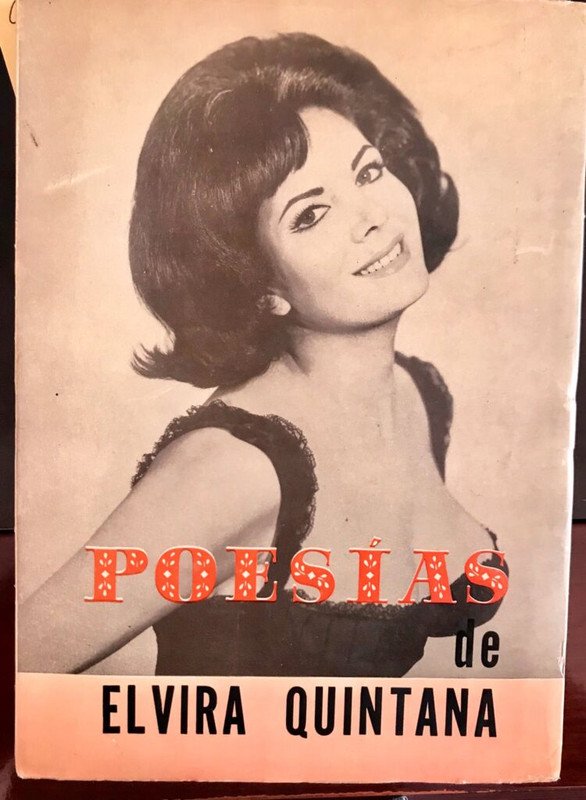
She has a street named after her in Montijo, province of Badajos, Spain.
The Professional Conservatory of Music of Montijo, houses since 2017 permanently an exhibition on the life of Elvira Quintana .
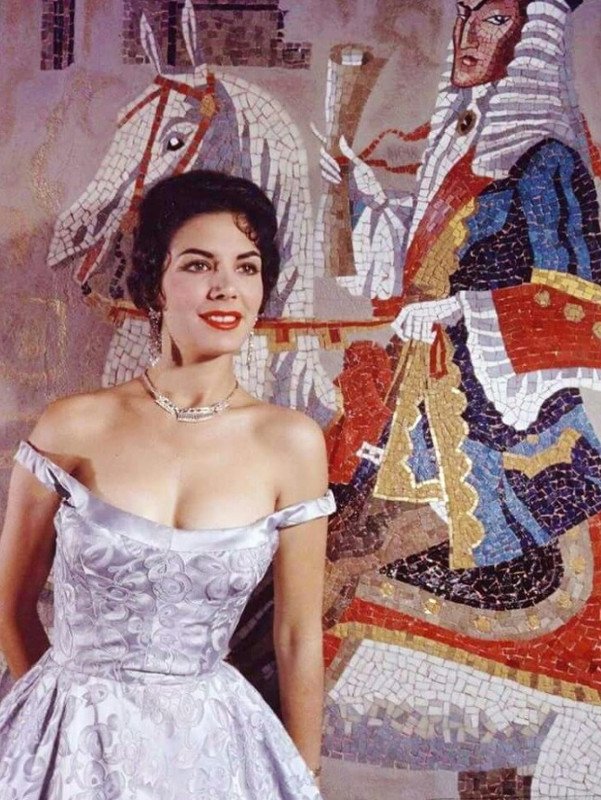
[Fuente]https://conservatoriodemontijo.wordpress.com/elvira-quintana-exposicion-permanente/
Here is a link to some of his songs and movies.
If you want to see this content in Spanish visit my YouTube channel.
And write me in the comments, which story of an actor or actress of the Golden Age of Cinema you want to know.
